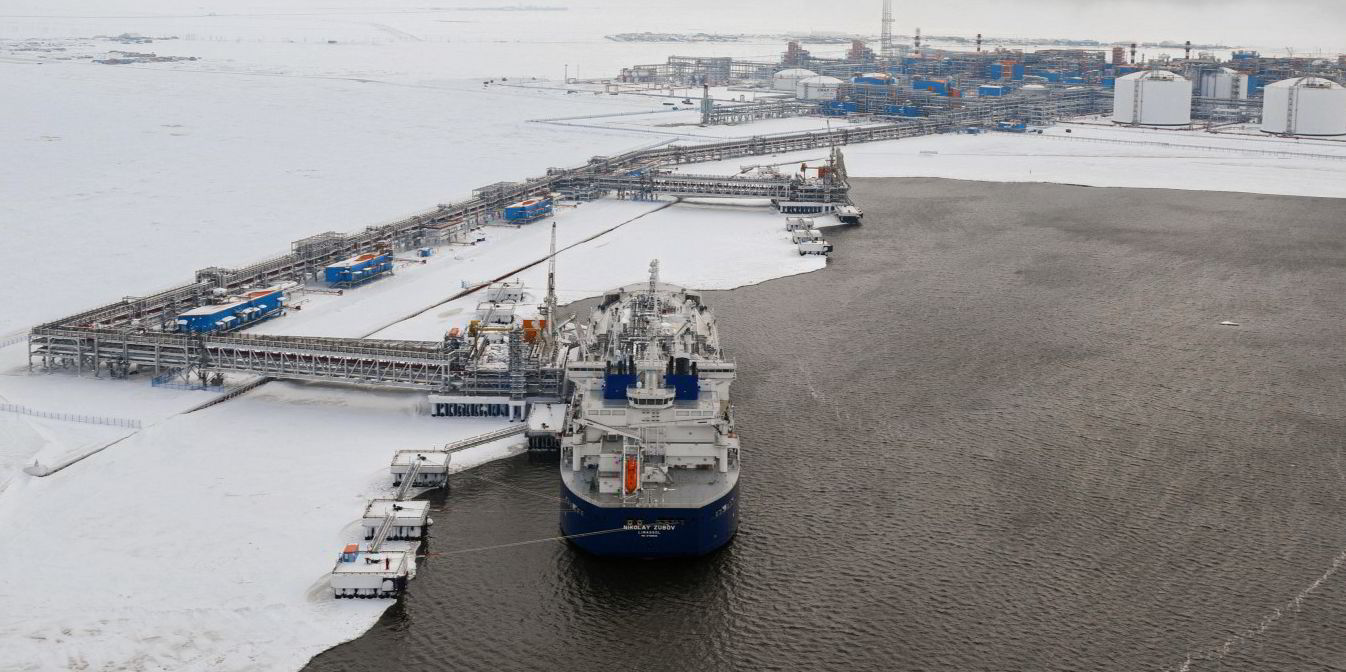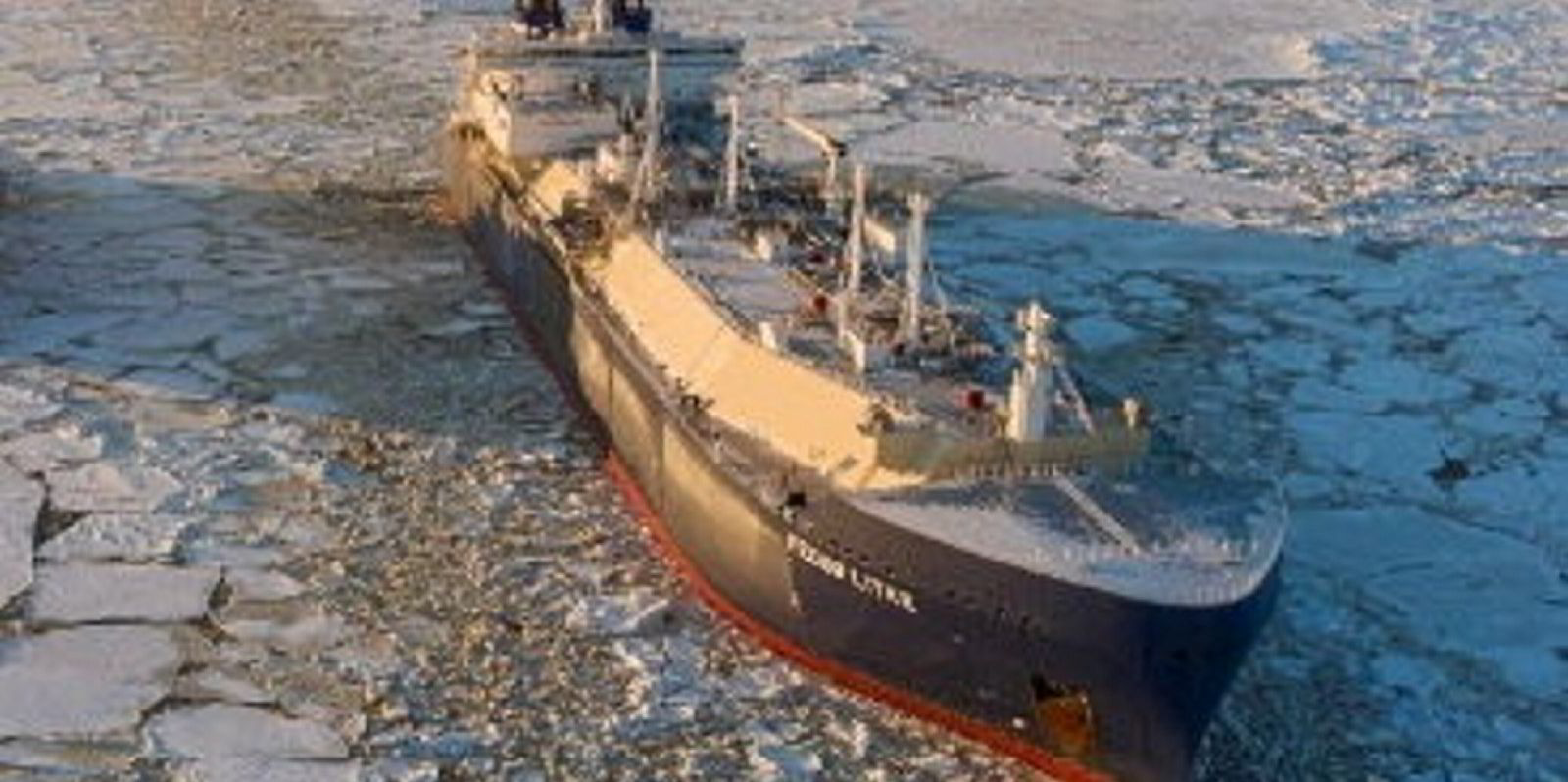The Arctic could be free of sea ice during September as early as the 2030s, according to a scientific paper, as climate change opens up year-round shipping routes in the region.
The research published on Tuesday inNature Communications concluded that an ice-free Arctic in September would happen a decade earlier than previously projected.
The changes have implications for Russia, which wants to open up the Northern Sea Route (NSR) to year-round shipping, even though ice conditions from January to May are currently difficult.
The study, by researchers from Germany, South Korea and Canada, said sea ice is melting in most months but the largest changes occur in September.
“We project an ice-free Arctic in September under all scenarios considered,” they said. The results “demonstrate the importance of planning for and adapting to a seasonally ice-free Arctic in the near future”.
They added: “We may experience an unprecedented ice-free Arctic climate in the next decade or two ... this would affect human society and the ecosystem both within and outside the Arctic.”
A laden LNG carrier has started an eastbound voyage through the NSR, the first summer sailing to Asia for 2023 through the Arctic passage, TradeWinds reported earlier on Tuesday.
The 172,600-cbm Arc7 LNG carrier Fedor Litke (built 2017) is heading east, led by Rosatom-controlled FSUE Atomflot’s lead nuclear-powered ice breaker Arktika (built 2020).
Moscow has declared that Europe’s decision to ban its crude and oil product imports has opened up a window of opportunity to exploit the NSR to Asian markets.
Russia plans to increase energy shipments eastwards by more than 250% to 130m tonnes by 2035. The Oxford Institute for Energy Studies said in a November 2021 report that that would require a major upgrade of its Arctic ship capabilities to allow for year-round shipping.
State nuclear agency Rosatom has responsibility for developing the NSR, which would slash voyage times and costs from Siberia to China from 36 days to 15 days.
Its director general, Alexey Likhachev, said last month that Rosatom and gas producer Novatek were preparing for year-round navigation in the eastern direction of the NSR.
Novatek has 28 LNG carriers and plans to build a further 30 ships to operate along the NSR, Interfax reported.
National tensions in the Arctic have risen after the seven Western members of the main regional body, the Arctic Council, stopped cooperating with Russia after its troops invaded Ukraine.
Pekka Haavisto, Finland’s foreign minister, fears that the dispute could lead to an Arctic with no rules or common goal on tackling climate change, the FT reported. “It would be free for everyone to use for shipping routes, for raw materials,” he said.




